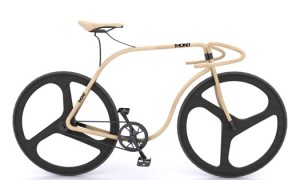
A*STAR’s Institute of Materials Research and Engineering (IMRE) of Singapore and its Industrial Consortium On Nanoimprint (ICON) partner companies are piloting roll-to-roll nanoimprint technology to mass produce two types of patterned nanoimprinted plastic films.
A total of five companies joined the project, namely, Innox Higa Singapore Pte Ltd, Micro Resist Technology GmbH, NTT Advanced Technology, SABIC Innovative Plastics and Solves Innovative Technology.
According to IMRE, nanoimprinting technology involves creating arrays of very tiny, nano-sized surfaces to form unique patterns that give the surfaces certain properties such as low reflectivity, super-hydrophobicity (water repelling), non-sticky adhesiveness or anti-bacteria qualities.
These are films with low reflectivity and better viewing angles, as well as durable, scratch-resistant films with “self-cleaning” surfaces. This technology can be more cost effective than conventional batch production as ICON uses roll-to-roll processing, which enables the continuous, high throughput production of such materials on a large scale.
The collaboration is to develop tougher resins for the nanostructures that are then patterned onto the plastics via IMRE’s unique nanopatterning processes. The process is then scaled up using ultraviolet roll-to-roll nanoimprinters so that the films can be used in eventual prototyping on surfaces and devices.
“The partnership with industries to advance the technology towards scale-up will bring nanoimprinting technology a step closer to full industry adoption,” said IMRE scientist Dr Low Hong Yee, adding that one of the goals of ICON has been to nurture nanoimprint technology from a primarily laboratory-based process to one with industrial manufacturing and consumer application potential.
The pilot manufacturing project will last a year after which the consortium can further develop and market the technology.
SOURCE :









